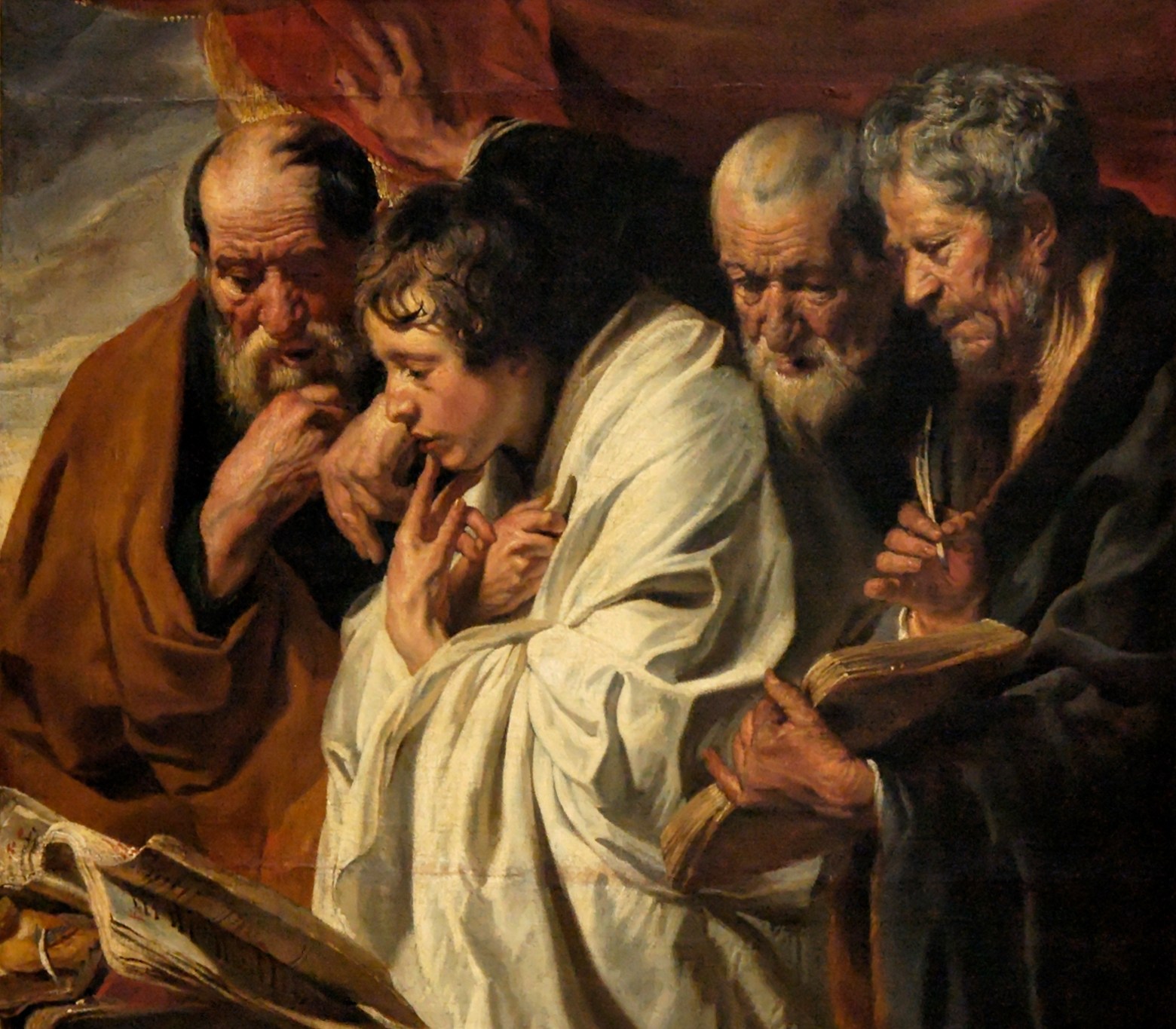M
mercyalways
Guest

Who Wrote the Gospels and When? | Fr. Dwight Longenecker
The other day I indulged in a bit of a rant against the mainstream Bible scholars who have made an industry of de-bunking the gospels and trying to show them to be late compositions written by anonymous authors to add mythological magical details to the story of Jesus the peasant preacher from...
Fr. Longenecker’s article points out that agnostic scholars like Bart Erhman insist all the gospels were written after the destruction of Jerusalem (70 AD) because Jesus predicted the destruction and "Stories of miracles must be untrue because miracles can’t happen.”
"While clinging to this fixed date they ignore the other date of 65 AD which is the martyrdom of Peter and Paul in Rome. … This date is important because at the end of the Acts of the Apostles–which was written by St Luke–St Paul is still alive. If he had been martyred St Luke would most certainly have recorded it.
This therefore dates the composition of the Acts of the Apostles before 65 AD and if Acts was written before 65 AD and Luke’s gospel was written before Acts, this places the date for Luke’s gospel back to the early 60s or late 50s. If Luke used Mark’s gospel as a source–on which almost all scholars agree–then Mark’s gospel must be dated to the mid or early 50’s. If there was an earlier version of Matthew which was written in Hebrew or Aramaic–something multiple early fathers including St Jerome testify to–then that “proto-Matthew” must be dated to the late 40s or even earlier….in other words, but ten or fifteen years after the death and resurrection of Jesus."
A very clear summation of the alternative argument by orthodox scholars.

